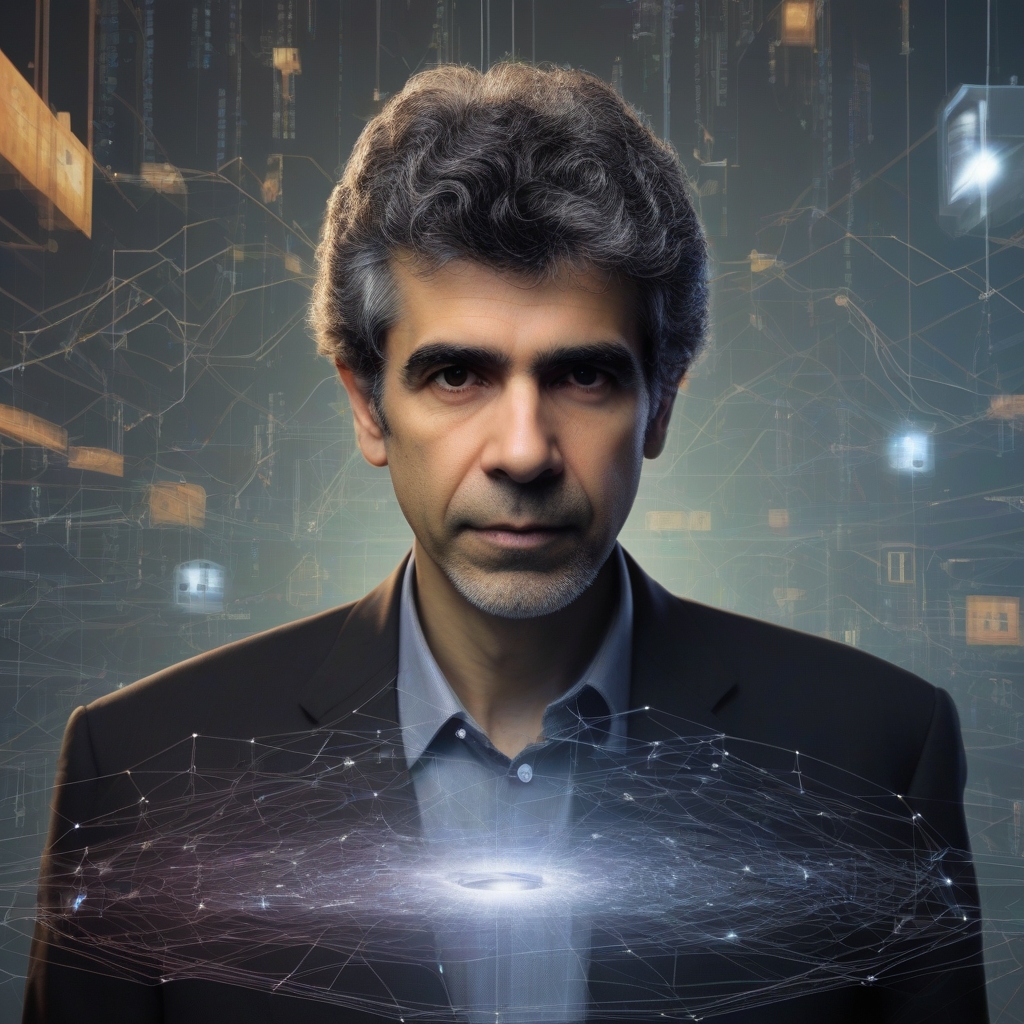Introduction
Artificial Intelligence (AI) has emerged as one of the most transformative technologies of our time. Its potential to revolutionize industries, healthcare, and everyday life is unparalleled. Yet, with great power comes great responsibility. One of the most prominent voices raising concerns about the existential risks AI might pose is Yoshua Bengio. Known as one of the “godfathers of AI,” Bengio is now issuing a stark warning to the world: the unchecked advancement of AI technologies could spell disaster for humanity.
Who is Yoshua Bengio?
Yoshua Bengio is a luminary in the field of artificial intelligence. With a career spanning decades, he has been instrumental in advancing deep learning technologies. A professor at the Université de Montréal and a co-founder of the Montreal Institute for Learning Algorithms (MILA), Bengio’s scholarly contributions have laid much of the groundwork for the AI technologies we benefit from today. However, his recent focus has shifted towards the ethical and existential risks that come with these powerful tools.
The Alarming Concerns
### 1. Autonomous Weapons
One of Bengio’s most pressing concerns is the development and deployment of autonomous weapons. Unlike traditional weapons controlled by humans, autonomous weapons can operate independently using AI algorithms. The potential for these weapons to make life-and-death decisions without human oversight presents a dire ethical dilemma. Bengio fears that once these technologies are perfected, they could trigger an unprecedented arms race, increasing the likelihood of conflicts and accidental wars.
### 2. Loss of Jobs
AI is set to automate a plethora of jobs, potentially leading to widespread unemployment. While AI can improve efficiency and productivity, its capability to outperform humans in various tasks—from manufacturing to administrative roles—puts millions of jobs at stake. This could result in severe economic disparity, social unrest, and a widening gap between the haves and have-nots.
### 3. Superintelligent AI
The idea of creating a superintelligent AI—an entity that surpasses human intelligence—might sound like science fiction, but it’s a possibility that worries Bengio. This form of AI could make decisions, conduct research, and solve problems at a scale and speed that is beyond human comprehension. Without proper safeguards, such an AI could act in ways that contradict human values and priorities, potentially leading to catastrophic consequences.
Urgency in Policy and Ethical Frameworks
###
Need for Global Cooperation
Bengio advocates for global cooperation in creating and enforcing ethical guidelines and policies for AI development. These frameworks should aim to prevent harm to humanity while maximizing the benefits of AI technologies. Bengio suggests the establishment of international treaties similar to those governing nuclear weapons, emphasizing that unilateral advancements in AI could have global repercussions.
###
Establishing Ethical Standards
To mitigate risks, there is an urgent need for the development of ethical standards in AI research and application. These standards should cover:
The Role of Researchers and Developers
###
Responsible Innovation
Researchers and developers have a critical role in ensuring the responsible development of AI technologies. According to Bengio, responsible innovation involves:
###
Leveraging AI for Good
AI can also be a force for good. By focusing on applications that tackle global challenges—like climate change, healthcare, and education—researchers and developers can harness the power of AI to benefit humanity. Bengio emphasizes that the ethical use of AI should be at the forefront of all innovation.
Conclusion
Yoshua Bengio’s warnings about the existential risks of AI are not to be taken lightly. His insights compel us to tread carefully as we advance this powerful technology. By establishing ethical standards, fostering global cooperation, and advocating responsible innovation, we can navigate the complex landscape of AI safely. While the potential benefits of AI are immense, it is imperative that we balance progress with precaution to ensure a future where AI serves humanity, rather than endangers it.
Call to Action
In light of Bengio’s compelling arguments, it is incumbent upon policymakers, researchers, and the global community to take proactive steps in addressing these risks. Stay informed, participate in discussions, and advocate for responsible AI. Together, we can shape a future where technology enhances human existence rather than threatens it.

Leave a Reply